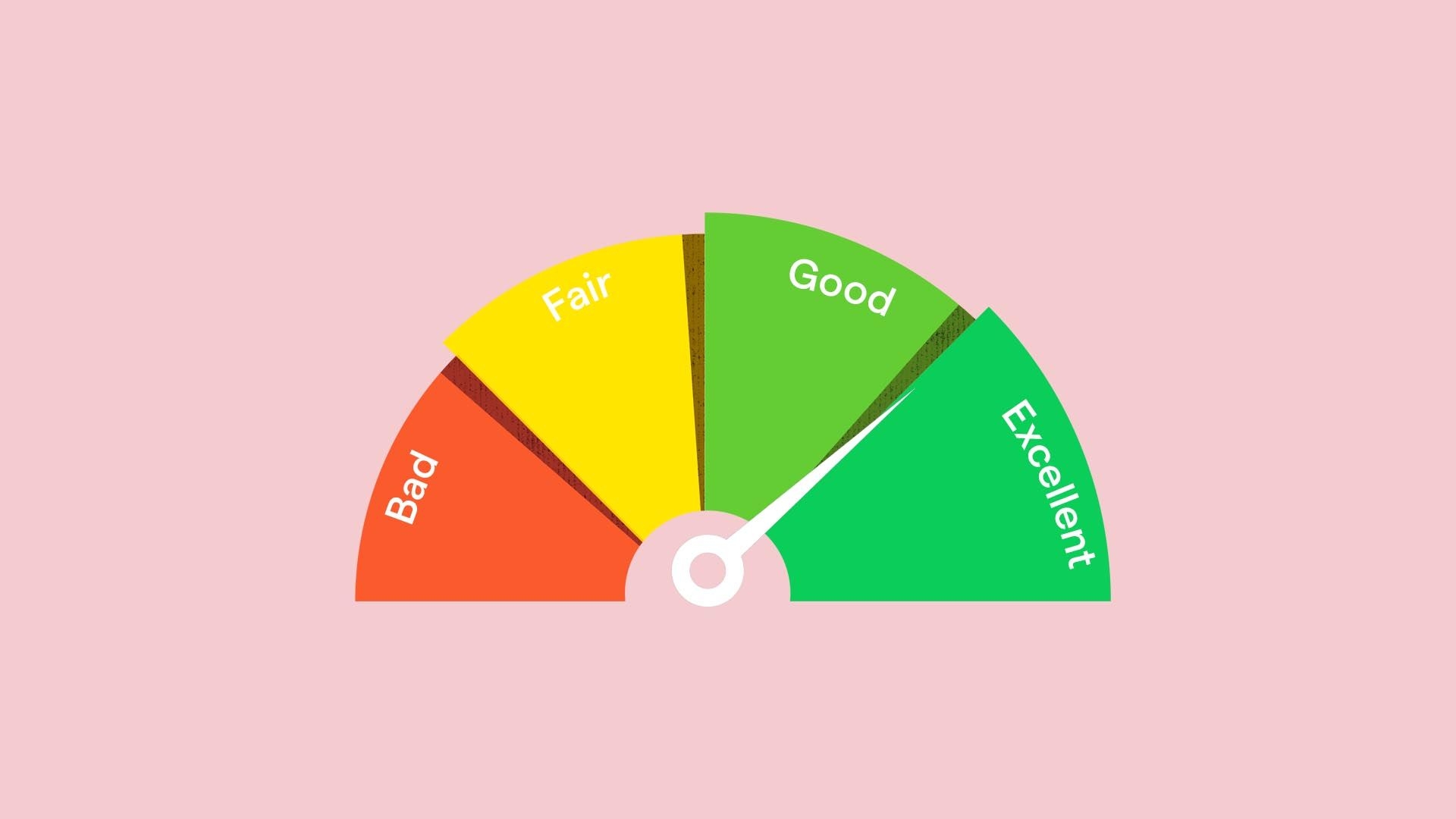What you need to know about Business Credit

Every business dreams about experiencing exponential growth. An important part of this is establishing business credit. Whether you get funding from investors, friends or its money you saved up, having a good business credit is something you need. Not many people understand the importance of business credit or what it really means, this article is to provide you with insight on what you need to know about business credit.
What is Business Credit?
Let’s start with the basics, which is what business credit really means. Business credit is simply the ability for your business to buy something now and pay for it later and you can only do that when you have a good business credit score. A business credit score is a calculation of a company’s risk profile based on its credit history.
Essentially, creditors use your credit history to determine how much of a risk it would be to lend your business money or give it access to credit facilities. A lot of business owners make the mistake of using their own credit to score to access these credit facilities but that should not be the case. You are putting your own credit at risk if your business ever gets into a tight corner. Your personal credit is not an ideal metric for gaining lending options as creditors are not interested in you. Rather, they are interested in your business and how your business credit is doing.
Why is Business Credit Important?
It’s simple; a strong business credit can contribute to your business’ growth. Many banks, investors, and other companies look at a business’ creditworthiness to determine things like loan terms, insurance premiums, extra lines of credit, or partnership viability. A top reason why businesses fail is because of insufficient or delayed financing. Also, credit scores are very transparent and anyone can have access to them. It will be in your business’ best interests to establish a good credit rating from the start to receive better interest rates, loan terms, and negotiation leverage on payment periods with suppliers.
How do I get and build my Business Credit?
Register your business
The first step to building your business credit is by registering your business and getting a dedicated business phone line for your business. That way, when you are requesting for business credit, there is evidence that your business is legal. You won’t be able to apply for business credit until your business is registered.
Set yourself apart from your business
It is time to give life to your business by ensuring that it is separate from you. Let your business tax identification number be separate from your personal tax identification. Making this separation reduces the risk of you getting affected in the event that your business fails. No matter what, you know your personal credit is not affected. Although, this advice can be hard for small business owners who are just starting out, you might need to use your personal credit to get the business running but as soon as you can, separate the two.
Check your credit score
You can check your business’ credit score beforehand for a small sum. While full business credit reports aren’t free, checking your report about twice a year is recommended to look for errors or missing financial data. Doing this review of your credit report can help protect your business against identity theft and can be useful to compare yourself with the borrower if you’re planning to apply for a loan. If you do see mistakes or missing information, you can report these errors with evidence of the inaccuracy.
If you are in Nigeria, you can try Credit Registry or First Central Credit Bureau.
Don’t miss a deadline.
Make sure to meet your payment deadlines as missed payments, a slow increase of debt, or collections on your business profile can trigger a low credit score. In order to maintain strong business credit, the best thing you can do is to pay your bills, which includes paying your vendors on time to build a positive payment history.
Benefits of having a good business credit.
- Goop reputation and image for your company.
- Lower rates on loans, credit cards, and insurance.
- As a small business, you have a higher rate of loan approval.
- A strong business credit can contribute to your business’ growth
Bottom line
Always remember that you can never go wrong with a good business credit. Once you finally set up one, try as much as possible to maintain it just like you do with your personal credit. Good business credit provides you with the ability to access better interest rates. This can help you with the overhead cost of running your business.
Key Takeaways
Top things to know about business credit
- A business credit score is essentially a calculation of a company’s risk profile based on its credit history.
- Using your own credit could put you at risk if your business ever gets into trouble. Separate your personal credit and business credit.
- Checking your report about twice a year is recommended to look for errors or missing financial data.
- Make sure you meet your payment deadlines as missed payments, a slow increase of debt, or collections on your business profile can trigger a low credit score.

